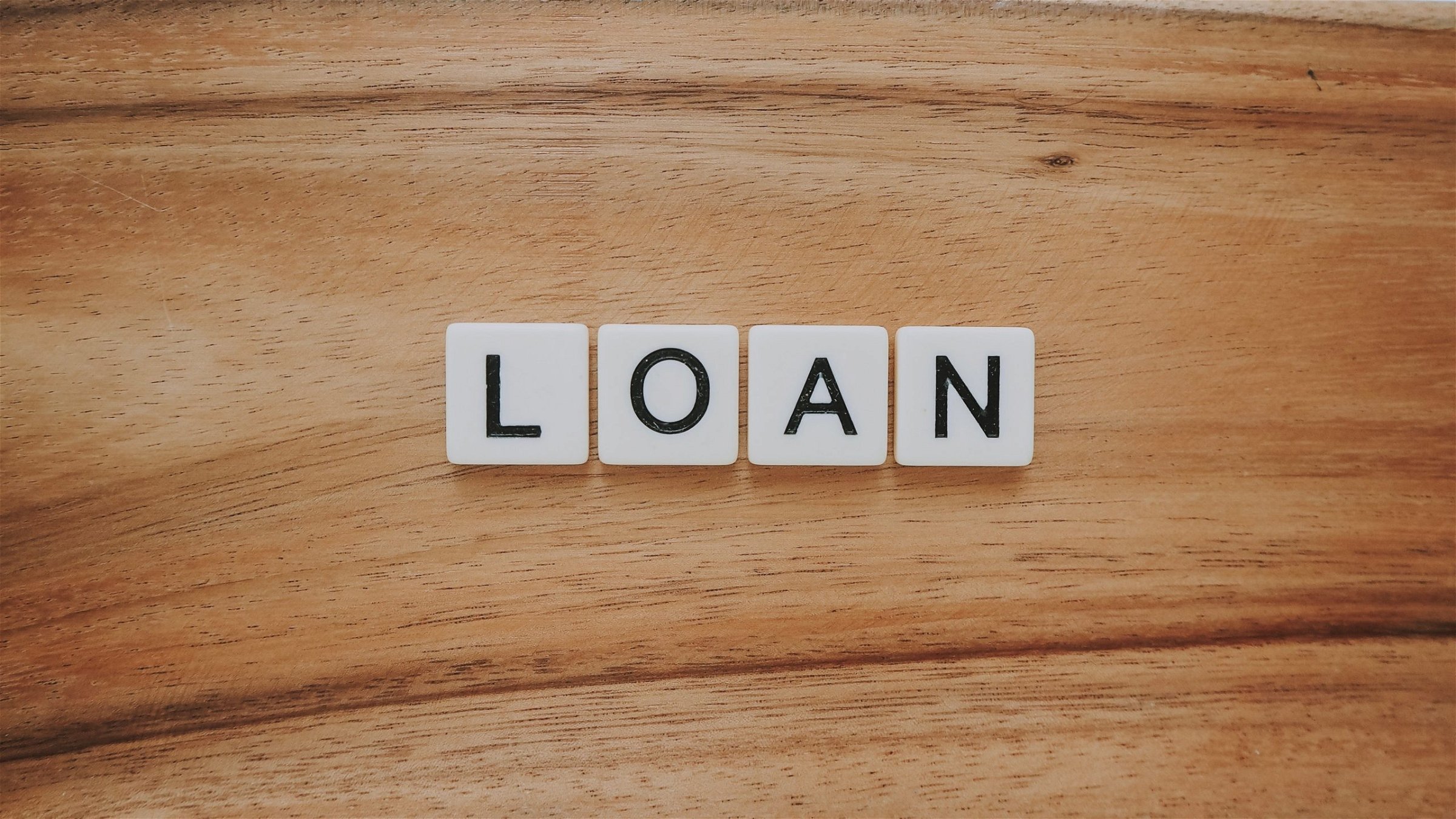When someone borrows money from someone else, they often make a promise to repay the loan. People often borrow money from close friends or relatives to pay for unexpected expenses or overdue bills. A borrower needs to acknowledge the loan with a written promise to repay the money. A borrower may sign a promissory note for a loan from a friend or relative or as part of a formal loan or mortgage. The borrower is also called the promiser and the lender is the promisee or payee.
What is a Promissory Note?
A promissory note is a written acknowledgment of a loan. The note is a legal financial document in which the person promises to repay the money. The note provides details for the amount of the debt, when the debt will be paid, and the signature of the parties. A promissory note is similar to an IOU, however, it contains more details. A promissory note is generally enforceable. The terms of the contract should be contained in the document and agreed to by both parties.
Secured and Unsecured Promissory Notes
A promissory note may be secured or unsecured. A secured promissory note is one that utilizes property or assets as collateral to secure the loan. The security should cover the amount of the loan. If the borrower defaults and fails to repay the loan, the lender may take possession of the property that secured the promissory note. An unsecured promissory note means that there is no collateral put up by the borrower. However, a lender may still collect a debt owed if the borrower fails to repay the loan.
What Should You Include in a Promissory Note?
It is important to include as much detail as possible in a promissory note in order to make sure that you can enforce it. The document should provide the amount of the loan and repayment terms. Include a payment schedule that details payment dates and the amount of each payment. You should provide the interest rate along with the method used to calculate interest.
Detail how overdue payments are charged as well as how to make prepayments. The terms of the loan must be provided and both parties must agree to and sign the document. You should always get a promissory note notarized. Sign and date the document and make sure that both parties understand how and when repayment is to take place.
A Promissory Note is a Debt Instrument
A promissory note is a debt instrument that is generally governed by state and federal laws that regulate interest rates. A promissory note may have a fixed or variable interest rate. Repayment may be made in one of a number of ways. A simple note is typically used for small loans and it allows for a lump-sum repayment. An installment note allows the borrower to make regular installment payments until the loan is fully repaid.
An open-ended promissory note lets the borrower make payments from an operating loan or other type of loan over time. A demand promissory note is one in which the lender can request payment on demand, at any time. It is important to include the terms of the note in the document so that both parties understand how and when the loan is to be repaid. An experienced attorney will help with matters that pertain to promissory notes.
Advantages and Disadvantages of Promissory Notes
Promissory notes are helpful for small loans and for those who are unable to obtain a conventional type of loan. However, a lender should be aware of the borrower’s financial situation in order to provide interest and repayment terms with which the party can comply. One of the disadvantages of promissory notes for lenders is that they are more risky than traditional loans. If the borrower defaults on the note it could cause not only legal problems but also problems between friends or relatives if they are a party to the transaction.
Promissory Notes As Part of a Loan
Sometimes traditional types of loans include promissory notes. For example, some student loans through private lenders may require a promissory note included as part of the terms of the loan. Some mortgage lenders require borrowers to sign promissory notes. The promissory note will include the amount of the debt, the interest rate, and when late fees are owed. In some instances, the lender will request a master promissory note that can be used for any additional loans, such as in the case of ongoing student loans that are needed for subsequent school years.
To seek guidance and learn more about promissory notes, contact us at Snellings Law, LLC today.
